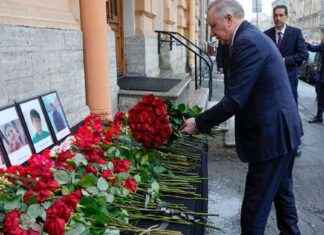The large purchase program of public debt by the ECB comes to an end. In these three and a half years, the agency has purchased 2.6 trillion of debt in all of Europe, of 253 000 million of Spanish nationality, and have applied measures such as the reduction of interest rates to historical lows. Mario Draghi unleashed a monetary policy which not only succeeded in keeping afloat the euro, but also injected the necessary stimulus to Europe could consolidate the recovery. It is a program that, at least in Spain, has not been known to combine a reduction of the debt itself. In the 10 years since the crisis, our country has tripled, and since 2014 is not stop around the dizzying figure of 100% of GDP.
In January, the governments come on the market to sell their debt without the presence of your best buyer. So that nervousness does not get control of the Eurozone, the ECB will continue giving oxygen to reinvest maturities. But the scenario is clear: less stimuli and an expected rise in rates. Although spreading the fear-mongering is irresponsible, it is also to be inactive, when faced with measures aimed at the reduction of our debt. The current levels leave us in a position of vulnerability to contexts not conducive. Urgently undertake a policy of containment of spending and structural reforms. Something that Pedro Sanchez, a hostage of his political allies, does not seem very willing.
According to the criteria of
Learn more






